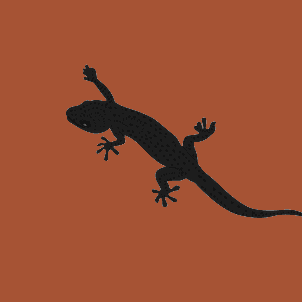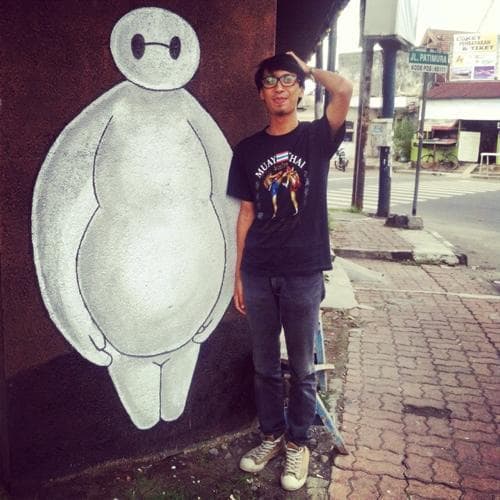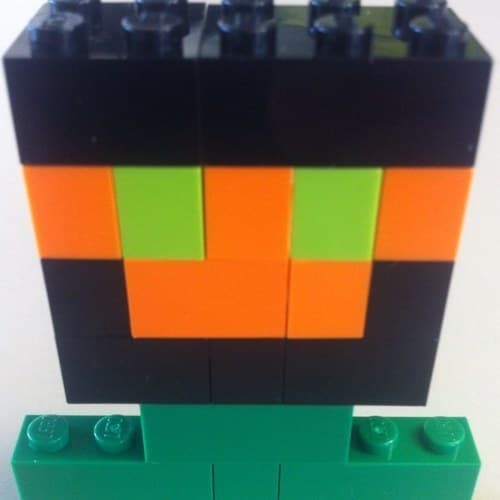I love to watch my children play.
How they invent things and stories. How they jump into roles and, just as quickly, change roles again. How they interact and react to each other’s ideas and the twists and turns of their play. Let’s cook something! Oh, we are knights now! Can you see our horses? Aha, the wizard arrives in his spaceship! Where is his magic wand? And all of a sudden, an ordinary wooden stick turns into a magic tool. Problem solved! They can play like this for hours, inventing the most amazing, wondrous, and, in the eyes of us adults, silly and absurdly illogical things.
This is the way kids explore their surroundings and learn. They look at something and not only think about what is but also imagine what could be. Without rules, free from doubt, and free from fear. Then, they try out their idea and immediately find out what works and what doesn’t.
Over time, though, and certainly school and the world of adults is to blame here, most of us lose this ability to play freely. We learn about mistakes and are being taught how important it is to avoid and fear them. We learn that there are rules we have to abide by, some of them important, but some of them completely arbitrary. And we learn to stop being silly and playful and that being sincere, logical, and accurate is the way to succeed. We learn how to be productive workers who do things efficiently.
There is just one problem: In the rapidly changing world we now live in, especially on the Web, this mindset is not what’s needed anymore. In the industrial era, companies used to be focused on error prevention, consistency, and replicability. Preventing errors in more and more rigidly defined processes was key to increasing productivity and production quality and, consequently, being able to sell products at high margins that were better than the competition.
With the rise of computers, robotics, and the Web, however, there has been a fundamental shift towards innovation being the primary driver of success. Being efficient just isn’t the point anymore. It is how innovative and flexible you are and if you are able to solve problems in an ever more complex technological and social environment in a creative and novel way.
Our ongoing obsession with efficiency in the world of tech and design leads to many companies implementing ever more rigid processes and (design) systems. This might make some outcomes more predictable, but they will also become less innovative. This is because true innovation and truly new ideas will only happen when people have the freedom to explore creative solutions that seem unconventional or even unreasonable at first – and if they feel safe to do so. Or, as Sarah Drasner recently wrote on Twitter:
In my honest opinion, the closer people get to a playful, childlike state, the more they can solve problems with some depth and creativity.
This is why trust on a team is paramount to do your best work.”
If the people on your team trust each other, it is much easier to talk about seemingly foolish ideas. In an environment where adults feel like they have permission to play, they will open their minds to new concepts and possibilities.
Building prototypes can be invaluable here, because it allows you to explore different solutions in a playful way, building and thinking with the materials at hand. When you build a prototype, you are doing the same a child is doing when she transforms a wooden stick into a magic wand. You’re imagining something new in a playful dialogue with the world around you. And because you are “just” playing, you are allowed to unlock your imagination and to go beyond what is reasonable or common. This is how new ideas are formed.
So the next time you are trying to solve a problem, give yourself permission to explore it freely. Build a few prototypes. Try out things with an open mind and without presumptions. And when someone walks by and asks what you are doing, just answer:
I play.”
~


















































